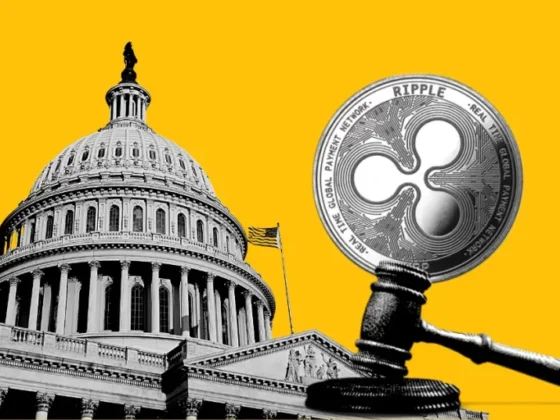
After hearing both sides’ summary judgement arguments, a federal judge ruled that the U.S. Treasury properly designated Tornado Cash as a sanctioned company.
A federal judge in Texas has ruled in favour of the United States Department of the Treasury in a lawsuit launched by six individuals and supported by the cryptocurrency exchange Coinbase over the legality of Tornado Cash.
A motion for partial summary judgement filed in April by plaintiffs Joseph Van Loon, Tyler Almeida, Alexander Fisher, Preston Van Loon, Kevin Vitale, and Nate Welch in a case involving the controversial mixer Tornado Cash was denied by Judge Robert Pitman on August 17. However, Pitman approved a similar request brought by the United States Treasury.
To which Pitman replied, “The parties disagree on how to characterise Tornado Cash,” establishing the case’s central conflict. “Plaintiffs allege that the Department of Treasury’s designation of Tornado Cash violates the Free Speech Clause and goes beyond the Department’s legislative power over the rights of foreign persons in property. […] But the government contends that Tornado Cash is a designatable business with a property interest in the digital agreements.
Tornado Cash was designated as a Specially Designated National by the U.S. Treasury Department’s Office of Foreign Assets Control (OFAC) in August 2022. Many crypto enthusiasts saw this as an abuse of power on the part of the government. In September 2022, the aforementioned six people and Coinbase sued the federal agency in an effort to overturn the categorization.In October, crypto advocacy group Coin Centre followed likewise.
Related: Approval of Coinbase futures regarded as victory in the crypto battle
Since Tornado Cash was “an entity that may be designated per OFAC regulations,” Pitman ruled that adding it on a list of sanctioned entities did not violate Treasury’s statutory authorities and was “not plainly inconsistent with its regulations.” The plaintiffs’ arguments were mainly disregarded. According to the judgement, developers are allowed to study and teach others about the mixer’s code, but they are not permitted to “execute it and use it to conduct cryptocurrency transactions.”
According to Paul Grewal, Coinbase’s chief legal officer, the exchange plans to appeal the judge’s order to the Fifth Circuit Court of Appeals regarding X (previously Twitter).
The U.S. Securities and Exchange Commission (SEC) and Coinbase are in the middle of a legal dispute that was initially filed in June. Despite the vast differences between the OFAC case and the SEC case, Grewal has made very similar arguments in both instances, arguing that the SEC’s enforcement action against the cryptocurrency exchange was an excess of the commission’s authority provided to it by Congress.










